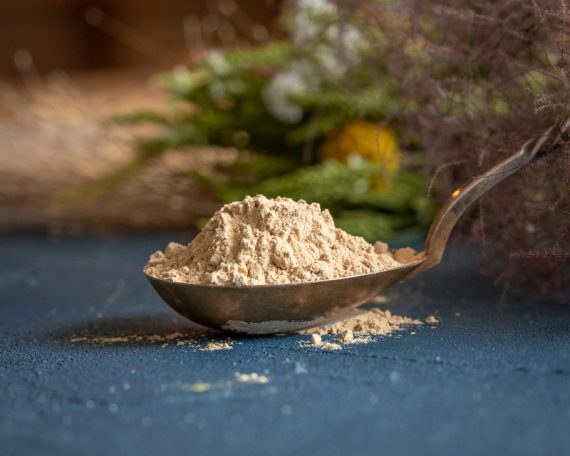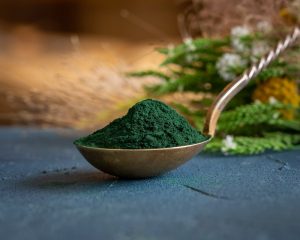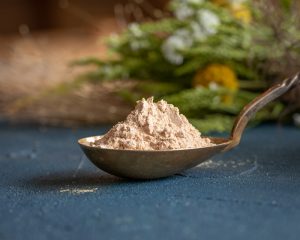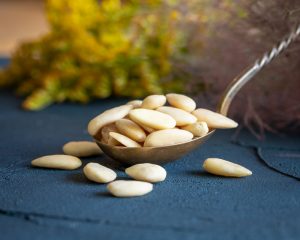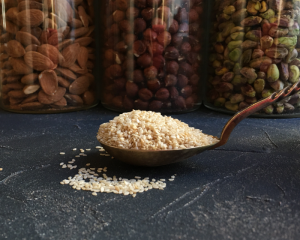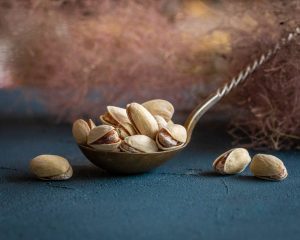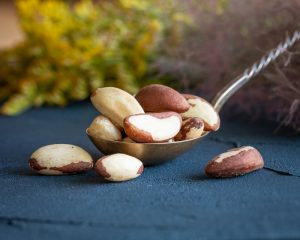Organic Peruvian pepper (maca) powder
From 1.80€
Lepidium meyenii is native to the high Andean regions of South America, especially Peru. For thousands of years, it has been revered by the Andean locals for its excellent nutritional and medicinal properties. Maca has a rich history, dating back to the Inca civilisation, where it was cultivated and considered a sacred culture. This plant thrives in the harsh conditions of the Andes at 13 000 to 15 000 feet, where few other plants can survive. Traditionally, local people have harvested and used maquis as food and as a powerful natural remedy against various diseases.
Traditional uses of Maca:
1. Increased energy and stamina – maca has been used by indigenous populations to fight altitude sickness, increase energy levels and increase stamina, especially during intense activities at high altitude.
2. Balancing hormones – Maca has been used as an adaptogen to help the body adapt to stress and possibly regulate hormone imbalances, especially in women. It is often used to relieve symptoms of menopause and PMS.
3. Fertility and reproductive health. Traditional healers believed that maca could improve male and female fertility and libido. It is used as a natural aphrodisiac and to improve reproductive health.
4. Mood and cognitive function – some indigenous communities have used maca to improve mood and mental clarity, possibly due to its adaptogenic properties.
In recent years, maca has become popular worldwide and research has supported many of its traditional uses:
1. Regulating hormones – Maca can help balance hormones, especially in women. It has been studied for its ability to relieve menopausal symptoms such as hot flushes and mood swings.
2. Fertility – some studies suggest that maca may improve sperm quality and motility in men and increase fertility in women by regulating the menstrual cycle.
3. Energy and stamina – athletes and enthusiasts often use maca to improve physical performance and stamina.
4. Improving mood – Maca’s adaptogenic properties can improve mood, reduce anxiety and improve overall well-being.
5. Libido and sexual health – Maca is known for its potential aphrodisiac effects and some studies have shown increased libido and sexual satisfaction in both men and women.
Attention
Digestive problems – Taking large amounts of maca can cause digestive problems such as gas, bloating or diarrhoea.
Hormonal changes – Maca’s hormone balancing effects can affect people differently. For those with hormonal disorders, be careful.
Use
Maca powder can be mixed into smoothies, porridge, yoghurt or used as a natural sweetener in recipes.
Capsules are a convenient way to take maca in controlled doses, usually within the recommended dose.
Recommended at
Maca powder can be taken with water, juice or a dairy alternative. The powder can also be mixed with food.
For a healthy adult weighing around 70 kg, 3-9 grams (1-3 teaspoons) is recommended.
For children under 12 years, we recommend ½ to 1 teaspoon (1.5 to 3 grams) of maca powder per day.
Children over 12 years are recommended to take 1-2 teaspoons (3-6 grams) of maca powder per day.
Sources
https://www.themacateam.com/maca-benefits
https://www.webmd.com
NOTE. The information provided here should not be interpreted as advice for treatment or other health problems. We encourage you to make decisions about your personal health by considering different sources of information.
Organic maca root powder 100%
Energy 361 kcal / 1511 kJ
Fat 0,6 g
- of which saturates 0 g
Carbohydrates 58,1 g
- of which sugars 32,1 g
Fibre 5,3 g
Protein 14,3 g
Salt 0,05 g
Store in a cool, dry place.


